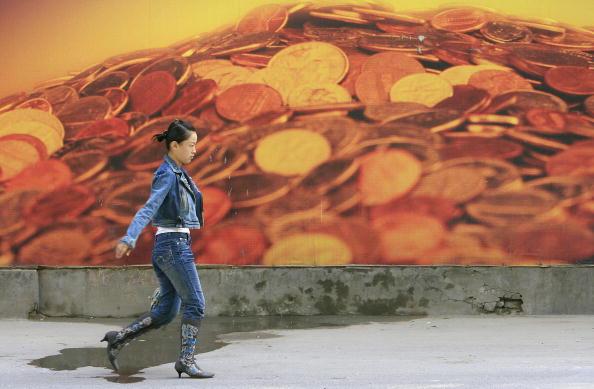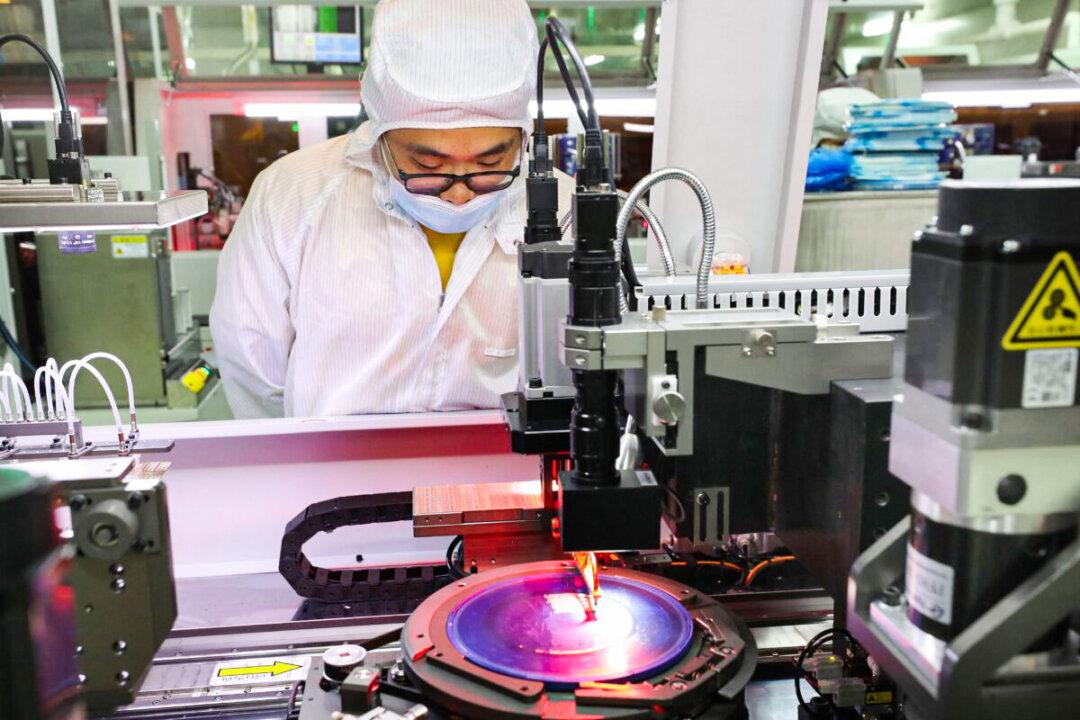China’s one-child policy has had an unexpected side-effect: the children were indulged by their families and have grown into young adults who spend lavishly even if they don’t have the means to repay the debts they are accumulating. One commentator says it’s a social disease and a direct result of growing up under the Chinese Communist Party’s (CCP) authoritarian system.
According to a recently released report, 86.6 percent of China’s 175 million adults born between 1990 and 1999 have overdue debts or debts that need to be paid in installments, while only 13.4 percent are debt-free.





